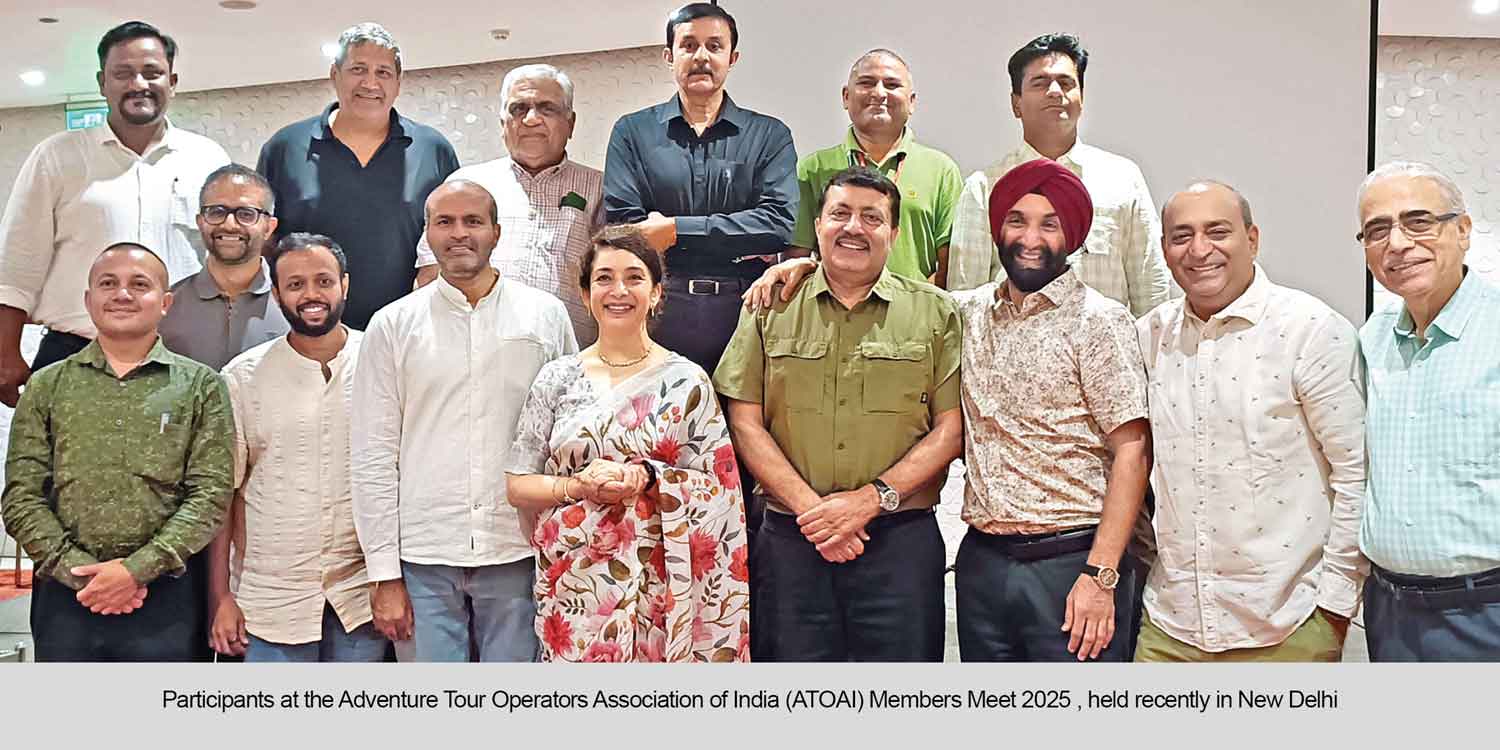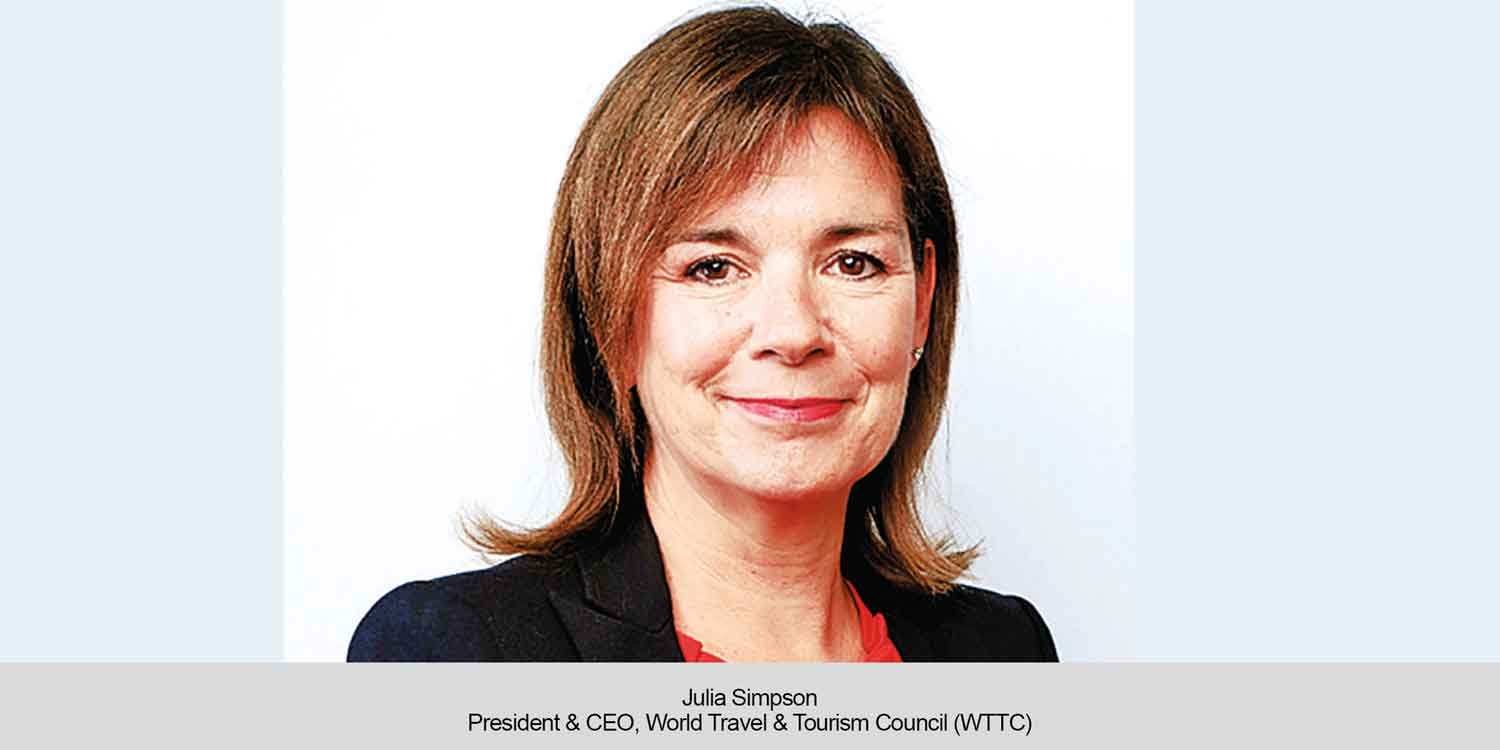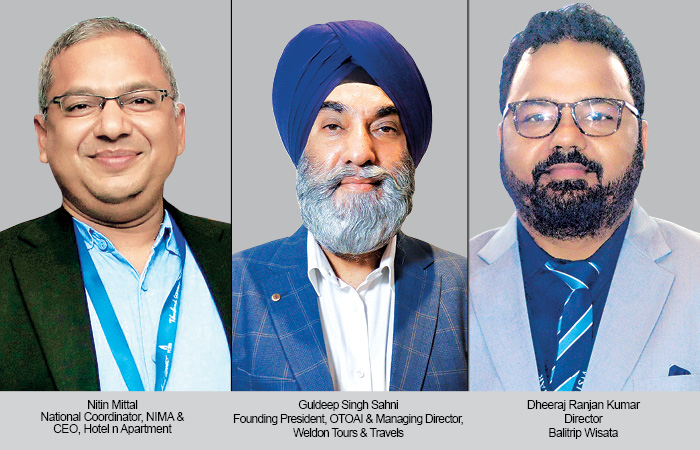Mario Hardy, CEO, PATA, feels that Asian countries like China, Thailand, the Philippines and Vietnam have led in terms of domestic tourism – but Singapore has done well in terms of implementation of green corridors and safety protocols.
Hazel Jain
How are different countries responding to needs of their B2B tourism industry?
Some were quick to implement health and safety protocols and shift their focus on the only market they could –domestic travel. In some cases, this quick pivot may have saved some businesses. But, we all know that this is not sufficient if the goal is to bring travel back to the same level as before. It will take time, if not a few years, for travel and tourism to fully recover and travel businesses will need to brace themselves for a slow recovery.
What are PATA’s views on quarantine?
Quarantines are only warranted for travellers that have tested positive. We are advocating for a safe re-opening of borders with testing, contact tracing and the use of a digital health certificate/ passport.
What is the importance of creativity and innovation, especially in these times?
During the course of this crisis, we have seen an acceleration of the development of technologies and innovation to support the safe restart of travel. In fact, PATA is launching a new event from February 8-11, 2021, titled PATA Beyond – Travel Recovery Solutions which will match solution providers and innovatorswith travel businesses in need of help to recover.
Which country according to you has managed to handle the pandemic the best and what lessons can other countries learn from them?
This question could be answered in different ways depending on which aspect of the recovery we look at. Asia, in general, has controlled the number of cases better than other parts of the world. In terms of the growth of domestic tourism, we could argue that China, Thailand, the Philippines and Vietnam have led in this aspect. In terms of the implementation of green corridors and safety protocols, I would have to say Singapore has done well.
Travel industries in a few countries, including India, have started having physical events. Have things come full circle, or the industry will still see some changes with a different events model altogether?
China has re-started full scale domestic events and exhibitions with strict protocols.However, not many other destinations have. No country has really started cross-border events due to borders still being closed and the risk of spreading the virus. I believe we will see most events being conducted virtually in 2021 with some being hybrid where local participants come together at a physical venue.
What are some of the trends you feel will gain popularity going forward?
There will be a great desire for nature-based holidays away from crowds, and greater interest in destinations that have a good reputation for health, hygiene and safety. I do believe that consumers will demand that travel brands show their green and sustainability credentials and practices.
Do you think countries will see their B2B channel shrink?
Most governments in Asia have provided some level of financial support to travel and tourism businesses. In some cases, governments could have made financial support more accessible for businesses or, in other cases, the support may not have been sufficient. The tough reality is that there are already thousands of businesses that have closed and that are unlikely to restart in a foreseeable future. However, our industry will eventually recover, and I have no doubt that some businesses will benefit for the resurgence of travel.
Where do you think the Indian tourism industry stands amidst all this?
I believe that in the short to medium term, India will be relying mostly on its vast domestic market as some other countries will. This is not a reflection on the quality of tourism products available in India which are vast; it is mostly in relation to a slow re-opening of safe corridors between countries.
 TravTalk India Online Magazine
TravTalk India Online Magazine







